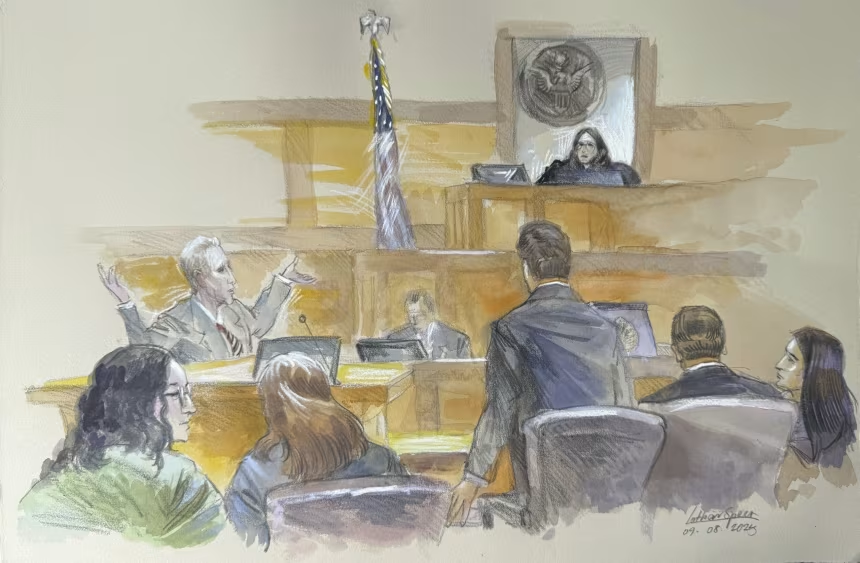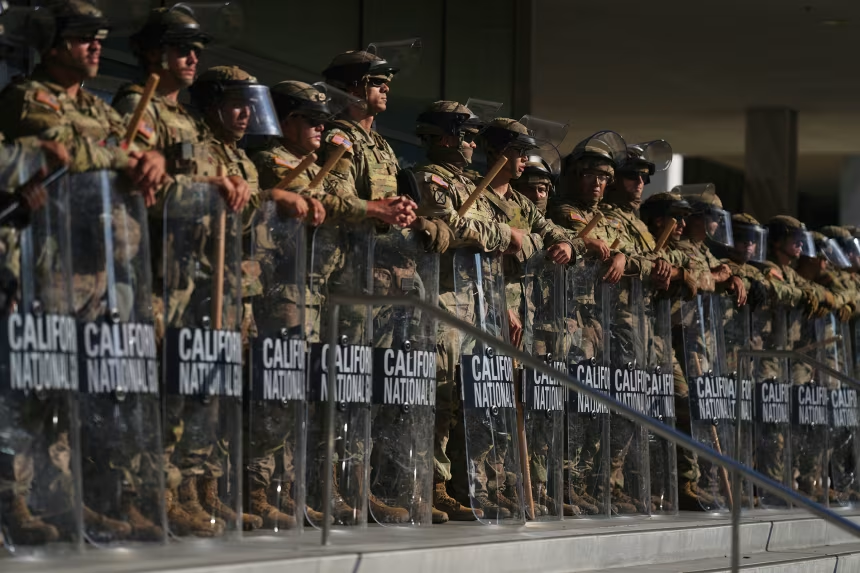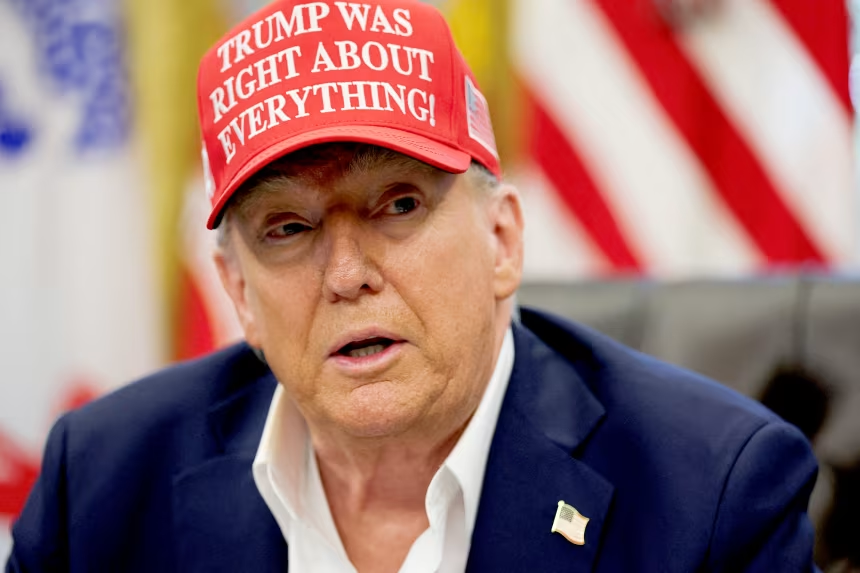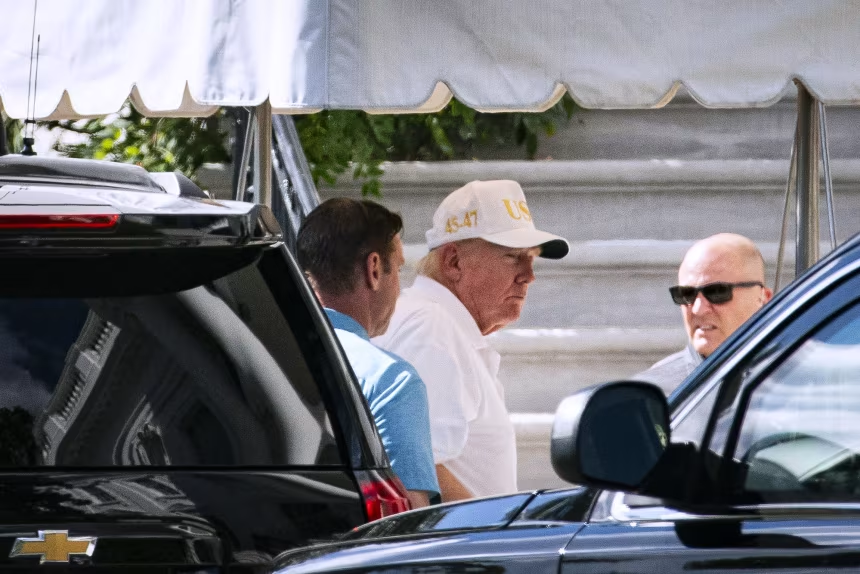The trial of Ryan Routh, accused of attempting to assassinate former President Donald Trump, has reached a pivotal stage as federal prosecutors rested their case in a Florida courtroom. Routh, who is representing himself despite having no legal training, faces charges that include attempted assassination of a former president and weapons offenses.
According to prosecutors, Routh spent weeks preparing for the alleged attack. He is accused of purchasing weapons, scouting the Trump International Golf Club in West Palm Beach, and hiding in shrubbery with a loaded SKS style rifle aimed at a golf hole where Trump was playing. A Secret Service agent reportedly spotted the weapon and opened fire, preventing any shots from Routh from being discharged.
The government’s case included physical evidence such as a fingerprint on the rifle scope and testimony about a box Routh allegedly left behind that contained bullets, pipes, and a letter offering money to anyone willing to help kill Trump. Witnesses and expert testimony painted a picture of detailed planning and intent, even if no trigger was pulled.
Routh has attempted to argue that the prosecution has not proven an actual attempt to kill Trump since the weapon was never fired and because he claims he was standing on public property. Judge Aileen Cannon denied his motion to dismiss, ruling that a jury could reasonably conclude prosecutors met the burden of proof based on preparation, possession of weapons, and clear intent.
As the defense begins its turn, Routh plans to call a firearms expert and two character witnesses. His choice to represent himself has drawn criticism from legal experts who warn that he risks weakening his case without professional counsel. Still, Routh appears determined to push forward on his own.
The outcome of this trial carries national significance. It raises pressing questions about how the law defines attempted assassination, the role of intent versus action, and how courts handle cases where a defendant prepares extensively for violence but does not fire a shot.
For now, the jury will weigh whether Routh’s alleged actions constituted a direct attempt on Trump’s life. Whatever the verdict, the case will stand as a stark example of how threats against political figures are prosecuted in an era of heightened political division.







